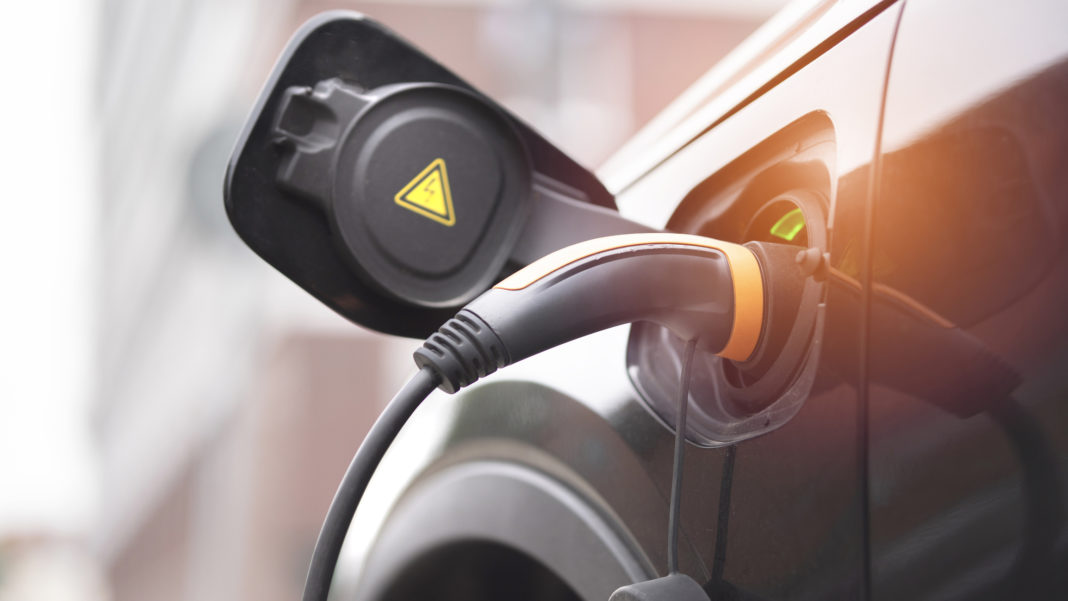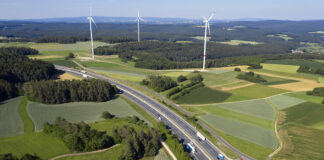Car traffic must reduce by at least 27 percent in London by the end of the decade to meet climate change targets, a new report has revealed.
Commissioned by the Mayor of London, Sadiq Khan, the net-zero by 2030 report sets out the scale of action required to move London towards a greener future.
The report states that to achieve anywhere near a 27 percent reduction in car vehicle kilometres, the capital will need a new kind of road user charging system implemented by the end of the decade at the latest.
Such a system could abolish all existing road user charges – such as the Congestion Charge and ULEZ – and replace them with a scheme where drivers pay per mile, with different rates depending on how polluting vehicles are, the level of congestion in the area and access to public transport.
The study suggests more action will be required by City Hall, particularly around reducing vehicle use in London, but says that the Mayor does not have the funding or powers to deliver everything that’s required alone.
“This new report must act as a stark wake-up call for the Government on the need to provide much greater support to reduce carbon emissions in London,” said Khan.
“It’s clear the scale of the challenge means we can’t do everything alone.”
Between 2000 and 2018, London achieved a 57 percent reduction in workplace greenhouse gas emissions, a 40 percent reduction in emissions from homes, but just a seven percent reduction in emissions from transport.



















